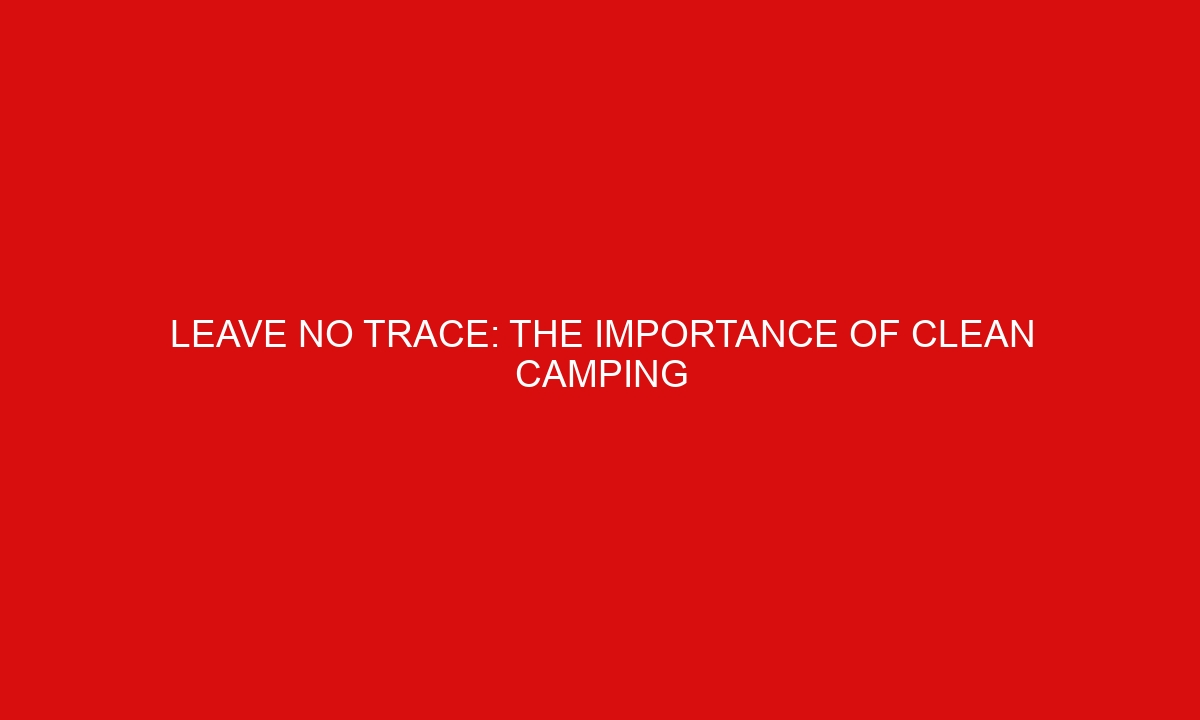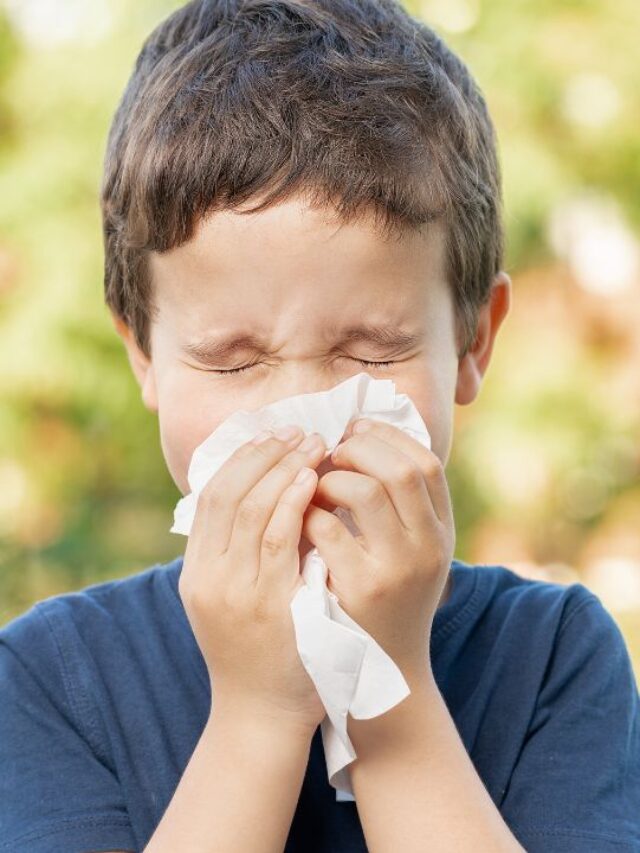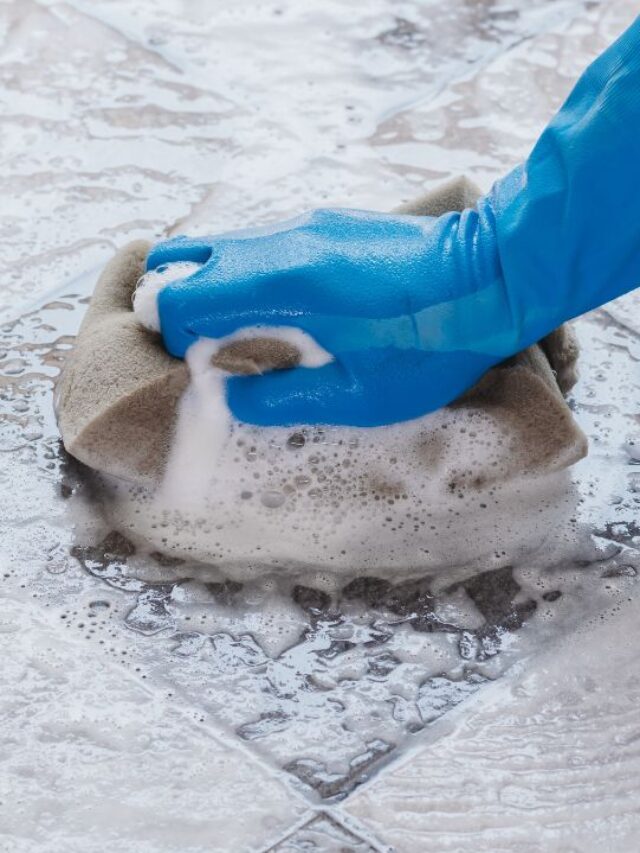Leave No Trace: The Importance of Clean Camping
Taking trips to the nation’s parks, campgrounds and backwoods is an enjoyable activity for many people. The clean air and beauty of nature are often an undeniable draw for people who want to escape the noise, traffic, and overall hectic environment that is associated with living and working in cities and towns. To keep this experience enjoyable for everyone who seeks it, people must understand the right and the wrong way to behave during their trip. Ethical camping ensures that the environment stays healthy for current and future generations. In addition, it also ensures that people sharing the same outdoor space behave in a way that is safe and courteous for everyone. “Leave no trace behind” is a policy that’s meant to help encourage ethical behavior for the heightened enjoyment of nature by everyone.
Plan Ahead and Prepare
Planning and preparing for a camping trip or other outdoor excursion sets the tone for the entire trip. It is necessary because it provides campers with important information and ensures that they have everything that’s needed for the comfort, safety, and enjoyment of everyone. Additionally, proper planning also helps to reduce any unintentional damage to the environment. In order to plan a camping trip, it is important to establish who will be participating and how capable each person is at camping and outdoor activities. Once this has been determined, it will help establish goals for the trip and make it easier to narrow down potential destinations. In deciding on a destination, investigate the areas under consideration by reviewing maps and literature and even contacting the park. During the planning stage of the camping trip, keep things such as weather, restrictions and regulations, and the size of the group in mind. Prepare for the trip by creating a meal and snack plan and packing what is needed. Stick to snacks that are lightweight and meals that can be cooked in one pot. When planning and preparing for meals, eliminate commercial packaging by placing food items in resealable storage bags that are easily stored, opened, and repacked. This eliminates the risk of garbage littering the environment while camping or hiking.
People who do not plan properly or prepare for their camping trip leave themselves and the environment open to a number of problems. Camping in an unfamiliar area can result in injury to members of the camping party, cause confusion, or hinder travel or activity. It may also result in camping in areas that are unsuitable for the time of year and weather conditions. Failure to consider every participant’s abilities to camp or participate in activities could result in injuries or an inability to enjoy one’s time out in nature.
- Outdoor Pursuits: Things to Consider When Planning a Camping Trip (PDF)
Travel and Camp on Durable Surfaces
Traveling or setting up camp in the wrong areas can result in more damage than campers realize. Traveling or camping on non-durable sites can lead to the destruction of organisms that impact the overall environment. In addition to organisms, vegetation that is routinely crushed due to people walking over it may be destroyed beyond any hope of recovery. When this happens, erosion of the soil is a highly undesirable possibility and the beauty of the area could become permanently altered.
Keep Your Office Spotless with Our Free Office Cleaning Checklist!
Want to make sure you’re covering all the essential cleaning tasks? Our comprehensive guide covers all essential cleaning tasks, from daily tidying to deep cleaning tips. Make sure no spot is missed and create a healthier, more organized workspace today!
In order to avoid these mistakes, travelers must understand what “durable” means in terms of outdoor surfaces. Durable surfaces are those that can withstand the repeated trekking associated with camping and/or hiking. For hiking or simply traveling, durable surfaces include sand, gravel, snow, and dry grasses. Avoid walking on easily damaged areas like moist grass or any vegetation, if possible. While in a desert environment, avoid puddles or mud holes, which tend to be homes for organisms. The safest bet, regardless of where one is traveling, is to stick with designated hiking trails. In terms of campsites, durable surfaces are surfaces that have already clearly been used for campsites. These areas will already have little to no vegetation and as a result, will not be impacted. Avoid areas that appear undisturbed or that have vegetation. If there are no previously used campsites, choose areas that have rock or gravel and little vegetation.
- Principle 2: Travel and Camp on Durable Surfaces
Dispose of Waste Properly
Leaving trash and other waste at a campsite or along trails not only leaves parks and the backcountry looking unsightly with litter, but it also creates problems for the environment such as contaminating water sources and spreading disease, and it can also increase the decomposition rate. Waste involves not only garbage but also human waste and wastewater. When it comes to garbage, a simple reminder is “pack it in, pack it out.” This is an important statement that reminds campers to haul out any trash that they may have carried in, such as leftover food, napkins, etc. Even toilet tissue and tampons should be bagged up and carried out as opposed to buried.
To dispose of wastewater, move 200 feet from any water source before disposing of it. Wastewater from cleaning of dishes should first be strained to remove any food particles, and only biodegradable soap should be used. Solid human waste should never just be left behind due to sanitation reasons. Catholes should be created for the disposal of this waste. Plan its location so that it is at minimum 200 feet from any water source or campsites. A cathole is created by digging six to eight inches in the designated spot. In addition to being roughly eight inches deep, it should also be six inches in diameter. It should be dug in a spot that receives significant sunlight to help with the decomposition of the waste, and in soil that is organic. This is important as the organisms found in organic soil will also help with decomposition. Once the hole has been used it should be covered with natural materials. When urinating, do so on rocks, gravel, or pine needles as animals will be less likely to be attracted to these areas. Urine on other types of surfaces can attract animals, which may dig up vegetation and soil.
Leave What You Find
While enjoying nature, it is important not to disturb, destroy, or take away from it in any way. What one finds during a camping or hiking trip is for the enjoyment of everyone and may even be commonly used markers for hikers in some cases. Removing or destroying natural structures not only prevents future visitors from enjoying them, but it is also potentially destroying habitat for organisms or potential food and shelter for wildlife. Avoid knocking down or taking away from any rock or stone formations or removing artifacts that might be encountered. Plants should not be intentionally trampled or cut down. Visitors should not cut down trees or any other vegetation during their stay, nor should they dig trenches or place any type of hardware into trees. When items such as rocks are moved from a campsite, they should be put back when vacating the site.
Minimize Campfire Impact
Taking care when it comes to campfires benefits campers and the environment in that it prevents burns and injuries and it eliminates the risk of accidental fires and the destruction of undamaged vegetation, organisms, and wildlife. Failure to manage and minimize campfires could have serious consequences, up to and including large and devastating wildfires. People can completely erase any impact from campfires by not creating one. Cooking can easily be accomplished with the use of lightweight stoves, and light may be supplied by lanterns using candles. If a campfire is desired and allowed, set up camp in a spot that has an existing fire ring and only creates a small fire that is easy to control. To build the fire, avoid taking wood off of trees or fallen trees, including branches, as these provide shelter and food for wildlife and are a part of the natural appeal of the camping area. Small pieces of deadwood may be collected to start a fire and should be gathered from areas that are away from the camp. Avoid burning trash in the campfires, and let the ashes cool completely before leaving the camp. In addition, tents should never be located near fires.
- Minimize Campfire Impacts: Teaching “Leave No Trace”
- Advice on How to Minimize Campfire Impacts (PDF)
Respect Wildlife
Respecting wildlife is crucial to keeping both visitors and animals safe. Failure to do so can cause injury or even death. While camping, avoid all wildlife as much as possible, particularly when animals are with their young, during mating season, or during the winter months. The best way to do that is to create a campsite that does not attract animals to investigate and search out food or other items of interest. To do this, keep food and food scraps properly contained, secured, and out of the reach of animals. People should avoid feeding animals when they encounter them, as it can lead to illness within the animal or make it seek out other humans for food. Ideally, people should make every effort not to disturb animals, and observing them should be done from a safe distance using binoculars. If in a close encounter or an encounter with a potentially dangerous animal, it is crucial that people do not run or make overly aggressive moves toward the animal. Backing away slowly is often the best course of action. Care should be taken to keep children from running toward wild animals, and pets should be kept leashed or left at home.
- How to Avoid Wild Animal Encounters This Summer
- Wildlife Safety
Be Considerate of Other Visitors
Campers should always be mindful that they are not alone in their desire to enjoy nature. They should always make efforts to be considerate of those who are camping nearby and of people who will come to camp in the future. Noise levels should never get so high that they become a nuisance to the nearby campers. Music, kids, and dogs barking should all be kept under control to avoid bothering others. When hiking or walking, take breaks off of the trail so as to not block others who are trying to use it. Also, yield the right of way when appropriate. For example, people on horseback should be allowed to pass while hikers move off of the trail on its downhill side.
- How to Be a Considerate Camper
- Campground Etiquette: Eight Ways to Be a Considerate Camper
Contact Us
Get a quote
Your satisfaction is our priority, and we’re here to assist. Reach out to Busy Bee effortlessly by contacting us. Whether you have questions, need a custom quote, or want to discuss your cleaning requirements, our friendly team is ready to respond promptly. Connecting with us is the first step towards a cleaner and more comfortable environment for your home or business.
Call us for a quote today!
Contact Us
Get a quote
Your satisfaction is our priority, and we’re here to assist. Reach out to Busy Bee effortlessly by contacting us. Whether you have questions, need a custom quote, or want to discuss your cleaning requirements, our friendly team is ready to respond promptly. Connecting with us is the first step towards a cleaner and more comfortable environment for your home or business.
















